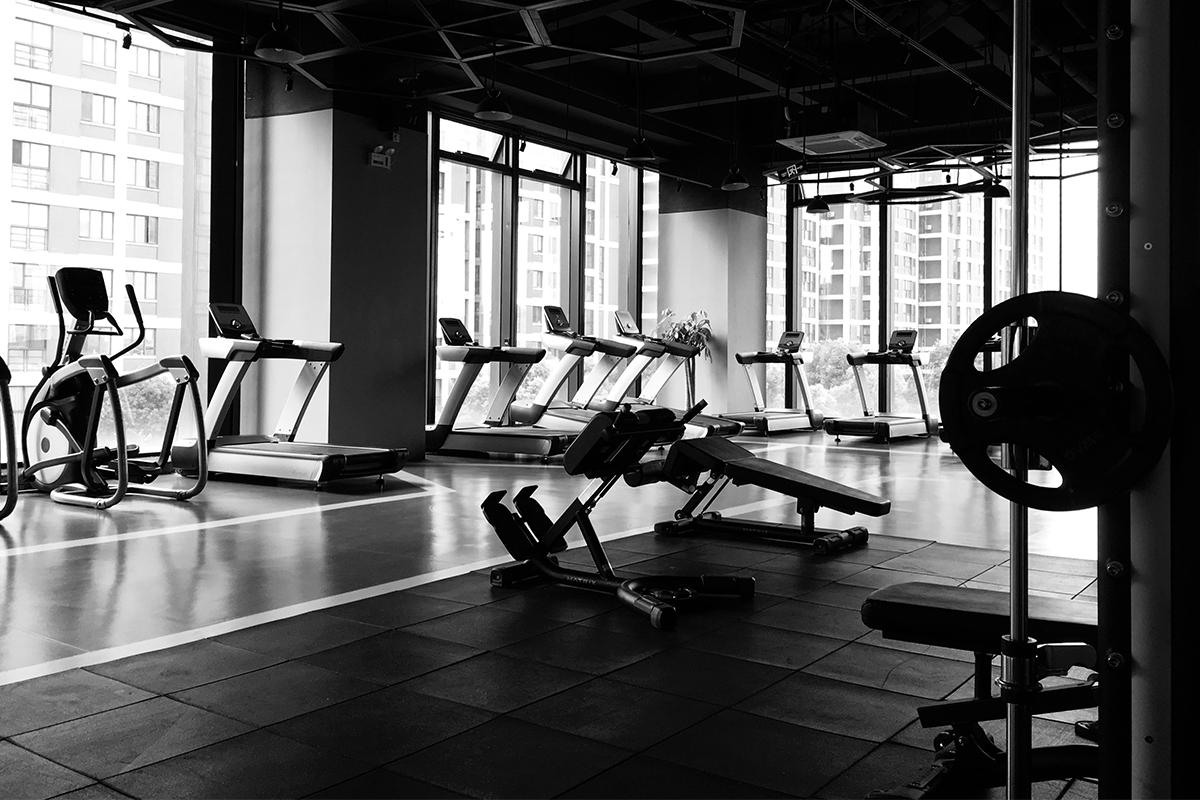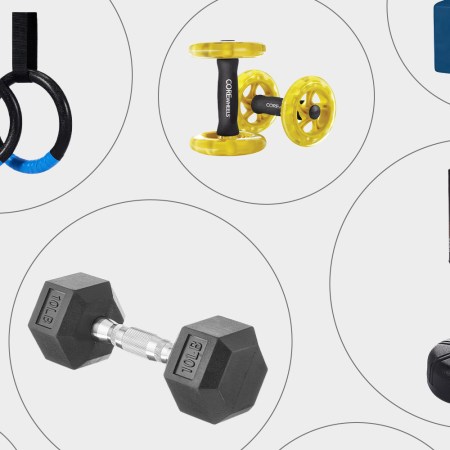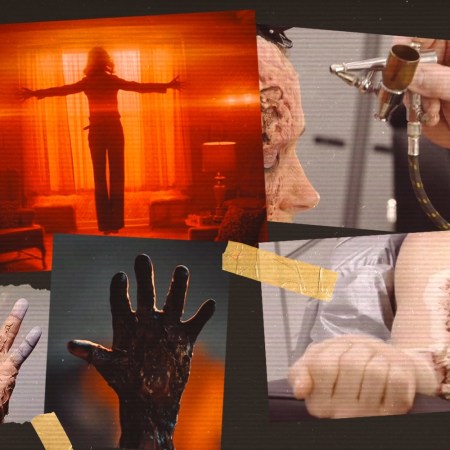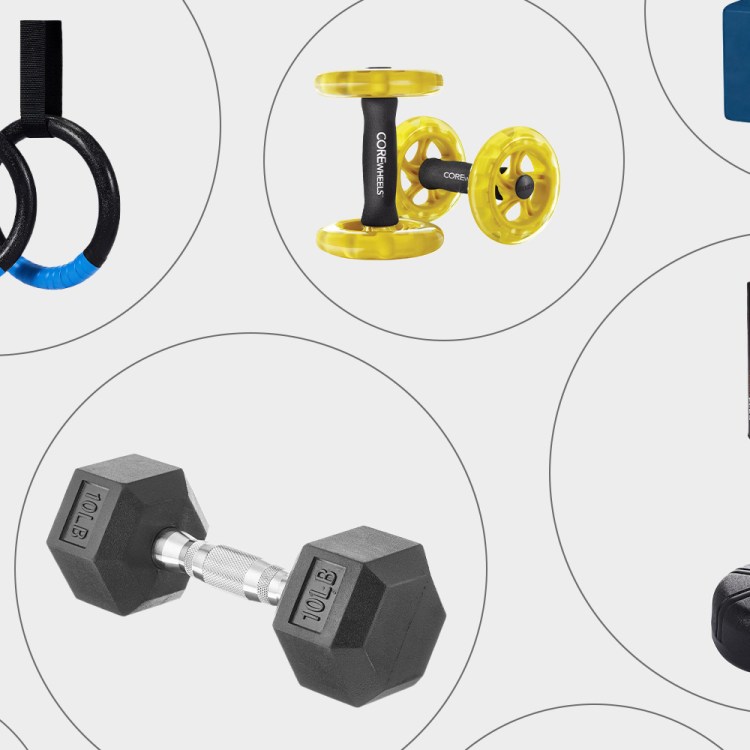Research firm MXM and the International Health, Racquet and Sportsclub Association (IHRSA) are currently under fire for disseminating misinformation about the spread of COVID-19 in gyms across North America.
According to a collaborative study released by the two agencies earlier this month, the ratio of COVID cases in health clubs from May through early August was 0.002%, or “statistically irrelevant.” But researchers have been quick to point out both irresponsible interpretations of the data and conflicts of interest.
Emily Landon, chief infectious-disease epidemiologist at the University of Chicago Medicine, told The Washington Post: “Gyms may be safe. Gyms may not be safe. This study doesn’t answer that question.” The study relied heavily on figures relayed to state health departments and self-reporting, two methods that assume an efficient contract-tracing system — which America has struggled to institute this year. That gray area is convenient for MXM and IHRSA; by their estimation, a case that wasn’t directly attributed to a gym wasn’t contracted at that gym.
A number of participating gyms, including Planet Fitness, Life Time, Orangetheory and LA Fitness have sought to spread this “revelation” far and wide. Their eagerness is understandable. They’re reeling from a nightmare year, and many of their peers — 24 Hour Fitness, Gold’s Gym, New York Sports Club — have filed for bankruptcy. But their members deserve better than an inconclusive study, conducted by a firm that works closely with gyms, in support of an association that includes 90% of the gyms that reported data in this study.
If Americans are going to come back to health clubs (which is no guarantee), it’ll be because they actually feel safe enough to do so. Transparency is just as important as temperature checks.
Whether you’re looking to get into shape, or just get out of a funk, The Charge has got you covered. Sign up for our new wellness newsletter today.

















